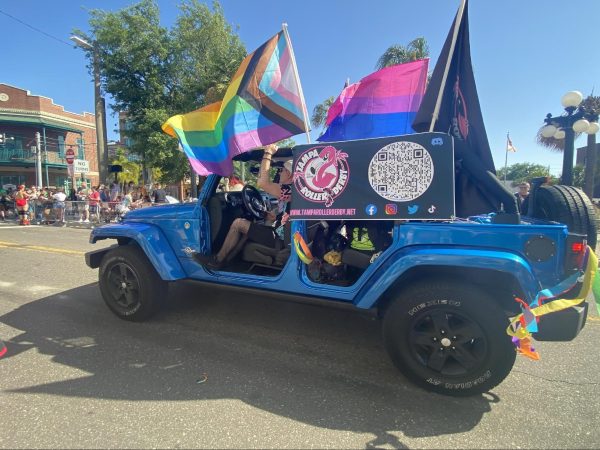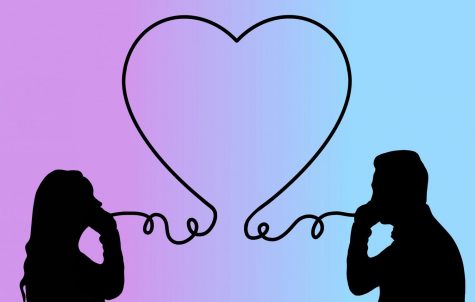The right lane of thought
In regards to comments involving the social faux pas of the non-driver
A few days ago I read an article about how fewer teenagers and young adults are driving cars. The article was both insightful and inciting, as it made some brilliant observations and hypotheses into the new trend of non-drivers, yet some of these ideas were presented in the most presumptuous manner. In the article, a Mr. Robert Epstein, research psychologist and author of Teen 2.0, accused the younger generation of being helpless, dependent and socially inept, simply because they are interacting over the internet and not driving, claiming that “we are making it harder for them to enter the adult world”.
While I agree that people need more social interaction than words on a screen, but if one doesn’t want to drive, they shouldn’t be forced to do so. There are always alternatives to getting behind the wheel, be it public transportation, biking, carpooling, even just getting out on your own two feet and walking. In places that are afflicted with Suburban Sprawl (e.g, my hometown of Tampa, FL), these methods are more difficult because we’ve designed the state to cater to only one made of transit: automobiles.
I am 22 years old, and I’ve made the choice to not drive. However, that doesn’t mean I’m dependent on my family, friends and neighbors to get anywhere. I am part of the growing population of bus riders in Tampa (a population that has broken records last set in 1957), I have a well-traveled bicycle that gets me around my community, and I am proud to say that I believe my walking shoes have prints all over Tampa Bay. Very rarely do I need to ask a relative or friend for assistance, and I always reimburse them for gas when I do. I’m not helpless, dependent or entitled; and I wasn’t when I was eighteen, either.
If someone doesn’t want to drive, they are more likely to be involved in an accident because they either feel uncomfortable or unwilling to be behind the wheel of a vehicle. That can cause uncertainty and reckless driving in the wrong hands, and that causes potentially fatal accidents for anyone on the road. Society places a great deal of importance on automobiles, a misplaced importance that assumes that those who drive are successful members of society and those who don’t are a burden. The stigma of not driving can be seen on a person’s face like a Klan member looks at someone who isn’t Aryan. When I inform people of my driving status, people have asked me questions such as “Oh, what’s wrong with you?” or “Can’t you afford it?” as if I am fiscally destitute or handicapped because of my choice. To be honest, I have saved thousands of dollars just on insurance savings alone through my choice – not to even mention the costs of maintenance, gas, etc.
In regards to comments involving the social faux pas of the non-driver, I submit that the problem is not with the cars, but with the people behind the wheel. People need to stop idolizing their cars, and discontinue the shunning of a people who do not share their view. People without choices are not free people, and our choices in terms of trasnit are running dry. Roads are being widened to accommodate the glut of more cars as transit agencies are passed over time and time again for funding, despite the ever-growing rise in ridership; Bike lanes and sidewalks are passed over for new lanes, and we pay the price in blood; our streets are changing into something new and beautiful, full of cyclists, pedestrians, bus riders, and automobiles, but the driver is unwilling to share his claim on the roads. Society is changing – here’s hoping the drivers get in the right lane of thought.










